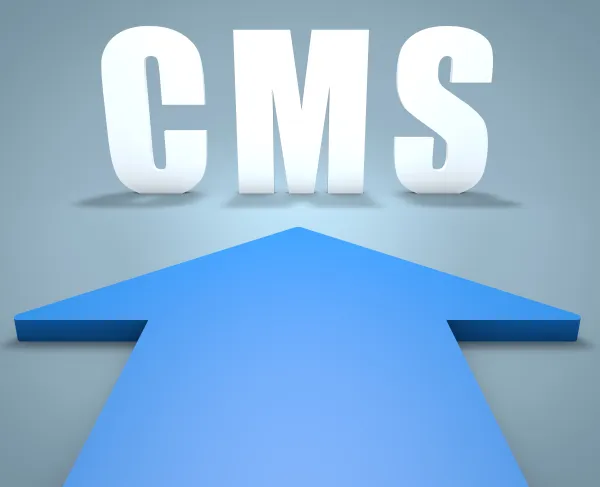Ensure Your ASC's Medical Staff Meets Medicare's Specific Conditions for Coverage

Hint: An RN must be in charge of nursing services in your ASC. CMS outlines very specific conditions for coverage (CfCs) for ambulatory surgical centers (ASCs) in 42 CFR, part 416, Subpart C. To make sure you stay compliant with Medicare's conditions, one vital area you must check regarding your ASC involves your medical staff. This is an important area to your compliance staff, and you should make sure you have a reliable path of communication with human resources to help you keep your documentation updated, says Janice Norris, COC, CPC, CPCO, partner at Fieldhaven Group in Fayetteville, North Carolina. Read on to learn some of Medicare's staffing requirements you should be familiar with when it comes to your ASC. Requirement 1: The ASC's Medical Staff Must Be Accountable to the Governing Body Every ASC must have a governing body, which has the full, legal responsibility to create, enforce, and supervise the ASC's operational policies, according to 42 CFR 416.41, in Subpart C. In turn, your medical staff must remain accountable to this governing body. The governing body's responsibilities: The ASC's governing body must do the following, per to 42 CFR 416.41: Don't miss: Although the ASC's governing body has the ability to organize its medical staff the way it sees fit, the ASC is required to have a clear, written policy showing how the governing body will hold the medical staff accountable, according to the "State Operations Manual in Appendix L: Guidance for Surveyors: Ambulatory Surgical Centers." There are policies as well as medical staff bylaws that physicians and allied health providers are required to » » » follow in order to remain in good standing to perform procedures at the facility, adds Sarah Martin, MBA, RN, CASC, vice president of clinical services at AMSURG, an Envision Solution, in Nashville, Tennessee. Requirement 2: Make Sure Your Staff is Qualified for Their Appointed Positions Members of your ASC's medical staff must be both legally and professionally qualified for their appointed positions and their granted clinical privileges, per 42 CFR 416.45. Additionally, the ASC grants privileges in accordance with recommendations from qualified medical personnel. Legally qualified definition: For a practitioner to be legally qualified, he must have a current license to practice within the state where his ASC is located, according to Appendix L. Also, the practitioner's granted privileges must fall within the state's permitted scope of practice. It is the responsibility of the ASC to verify that each practitioner has a current professional license and to document that license in the practitioner's file. Professionally qualified definition: For a practitioner to be professionally qualified, he must demonstrate competence in the particular area for his sought privileges, according to Appendix L. When it comes to the ASC granting privileges, look to this explanation from Martin: "Privileges are granted by a group of medical staff peers, either as members of the Credentialing Committee, QAPI Committee, or Medical Executive Committee, depending on how the medical staff bylaws are written for the facility." These committees review the qualifications of the applicant to ensure that they have received the proper education and training to perform the procedures that they have requested privileges for, Martin adds. They also look for "like" privileges held at local hospitals. After review by one of these committees, the recommendation or denial is sent to the Governing Board for their final review and approval. "When reviewing applicants for medical staff positions, the ASC is required to request opinions on each candidate's suitability," Norris maintains. "Think of these as requests for professional peer letters of endorsement." Don't miss: Appendix L also specifies that the medical staff must be granted privileges by the governing body in writing that identify in detail which types of procedures they may perform within the ASC. "It is not sufficient for the governing body to grant privileges to "perform surgery" or even to perform "orthopedic surgery," Appendix L maintains. "For example, an ASC that specializes in orthopedic surgery of various types must specify which types of procedures each surgeon is privileged to perform." "There is a list of procedures for each specialty, referred to as the Delineation of Privileges form, which lists each procedure that the ASC can perform for that specific specialty, such as anesthesia, plastic surgery, etc.," Martin adds. "The provider requesting the privileges must check which privileges they wish to apply for. Then, based upon the review of qualifications, education, and training, the Governing Board, as the final approval of the providers' privileges, checks off each approved procedure." Requirement 3: An RN Must Be in Charge of Nursing Services The ASC must identify a legally and professionally qualified registered nurse (RN) to direct its nursing services and must be able to provide documentation of that designation, Norris says. As far as ASC's nursing staff goes, there must be enough nurses on the staff who have appropriate qualifications to make sure all nursing needs of the ASC's patients are met, according to Appendix L. The driving factor of the number and types of nursing staff your ASC needs depends upon the volume and kinds of surgery your ASC performs. Also, each nurse who works in the ASC must have clear, written assigned responsibilities outlining how they should provide nursing care to patients, per Appendix L. And of course, the ASC's nursing services must be consistent with recognized standards of practice, Appendix L maintains. This means "the services provided are consistent with state laws governing nursing scope of practice, as well as with nationally recognized standards or guidelines for nursing care issued by organizations such as the American Nurses Association, the Association of Operating Room Nurses, etc."




